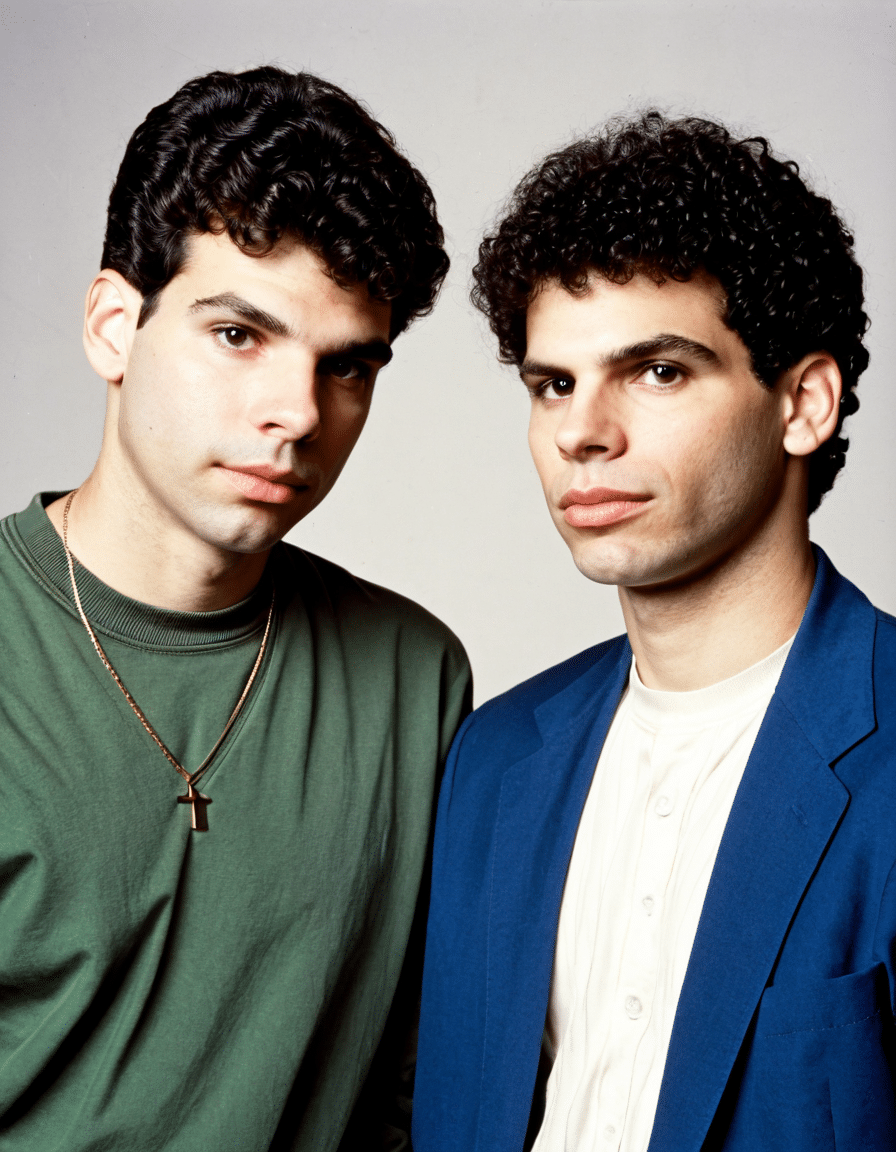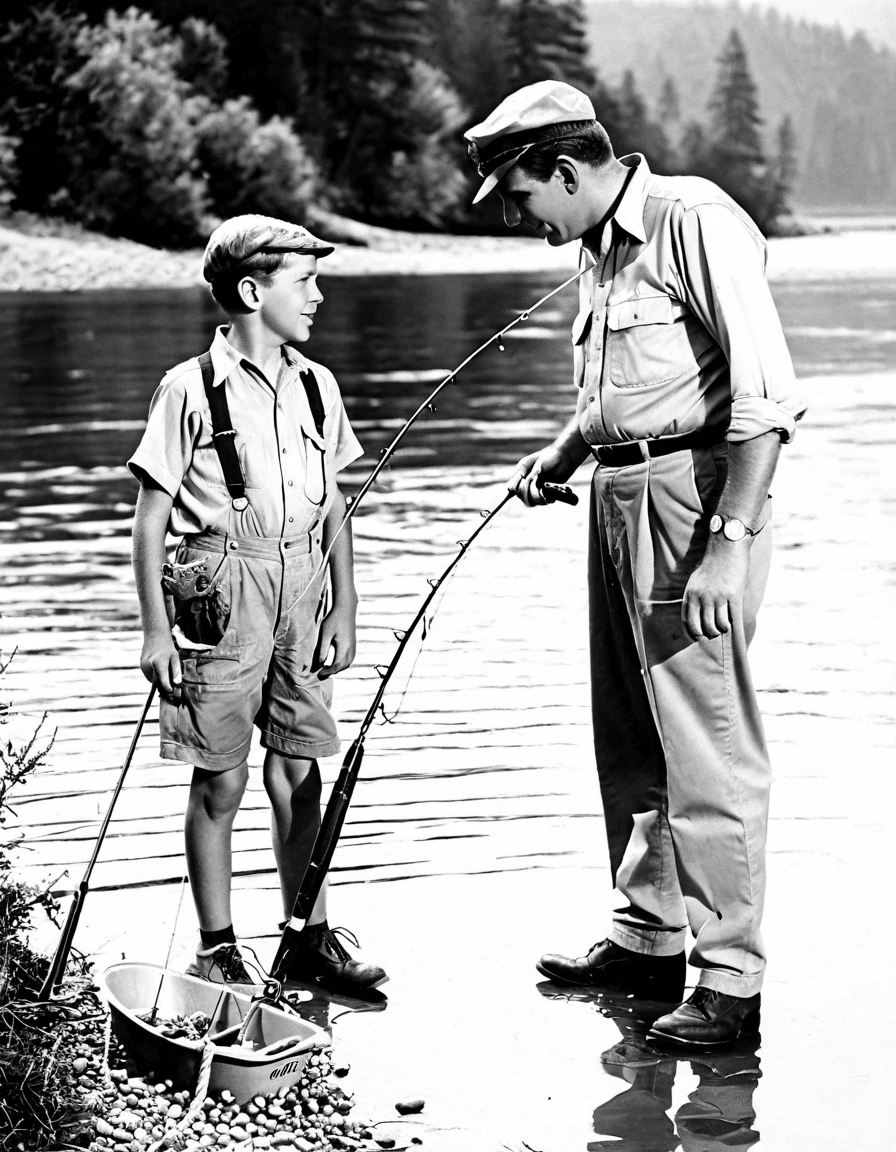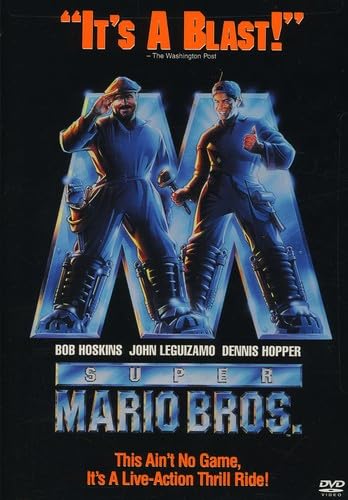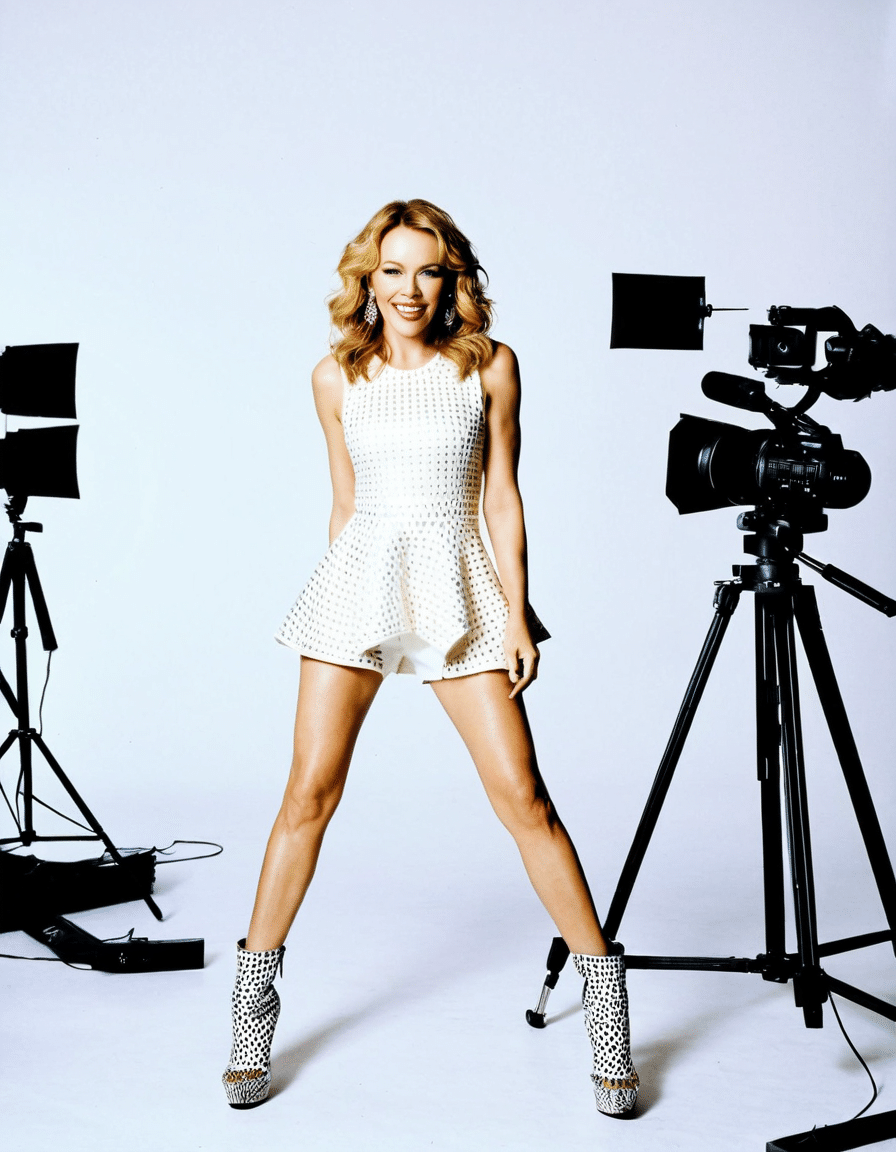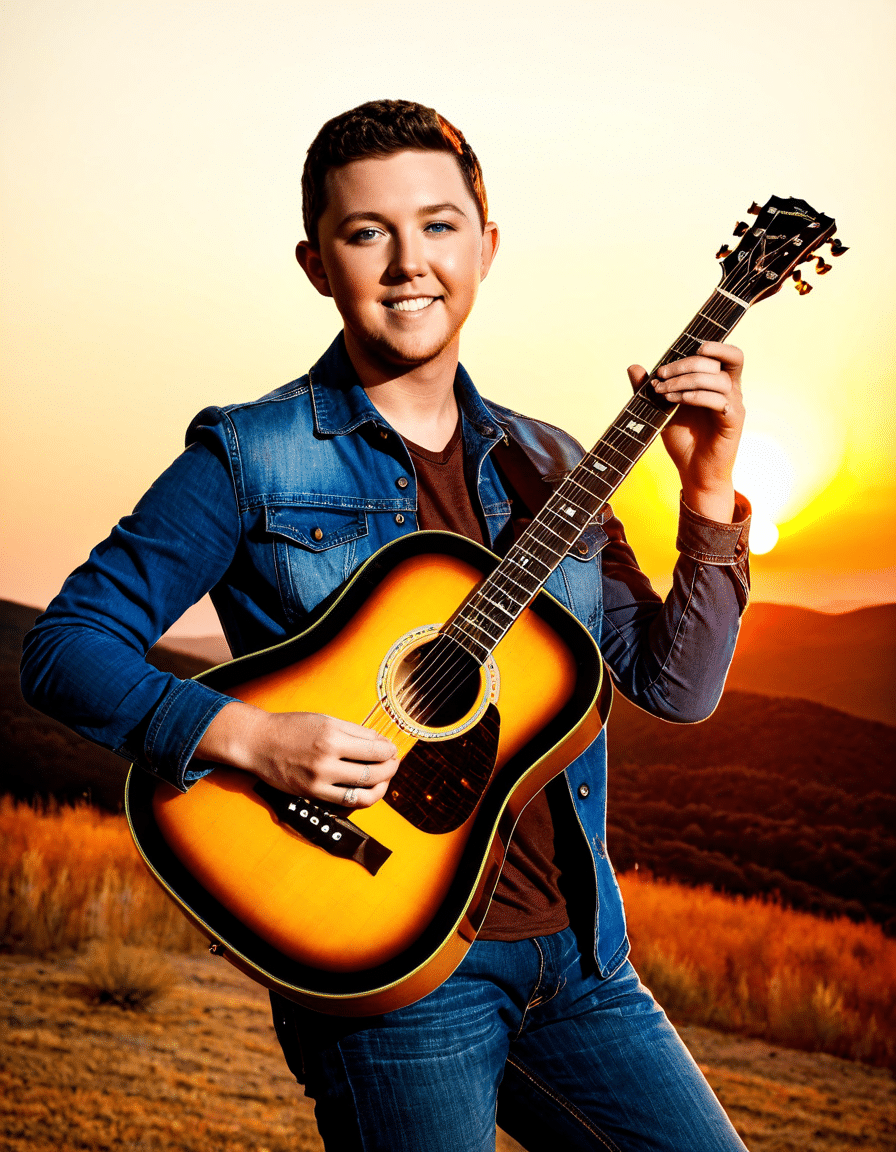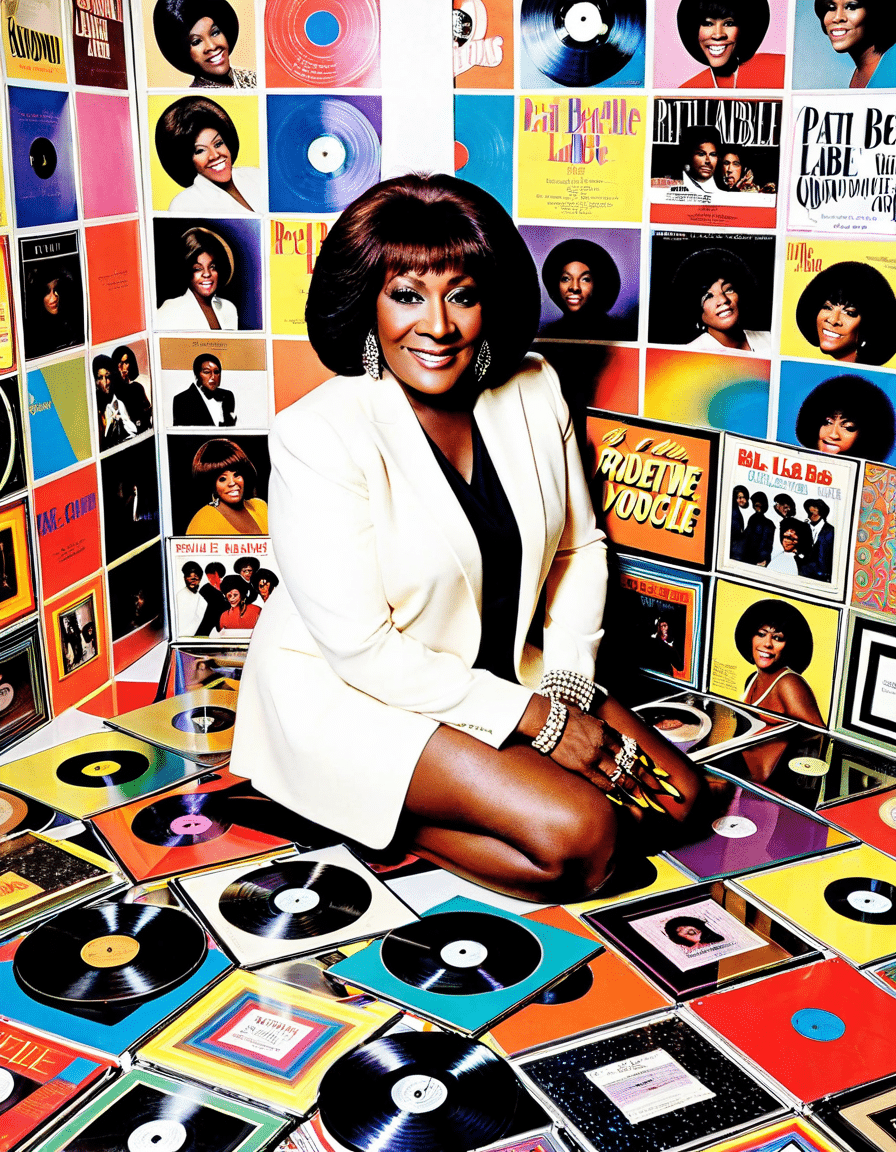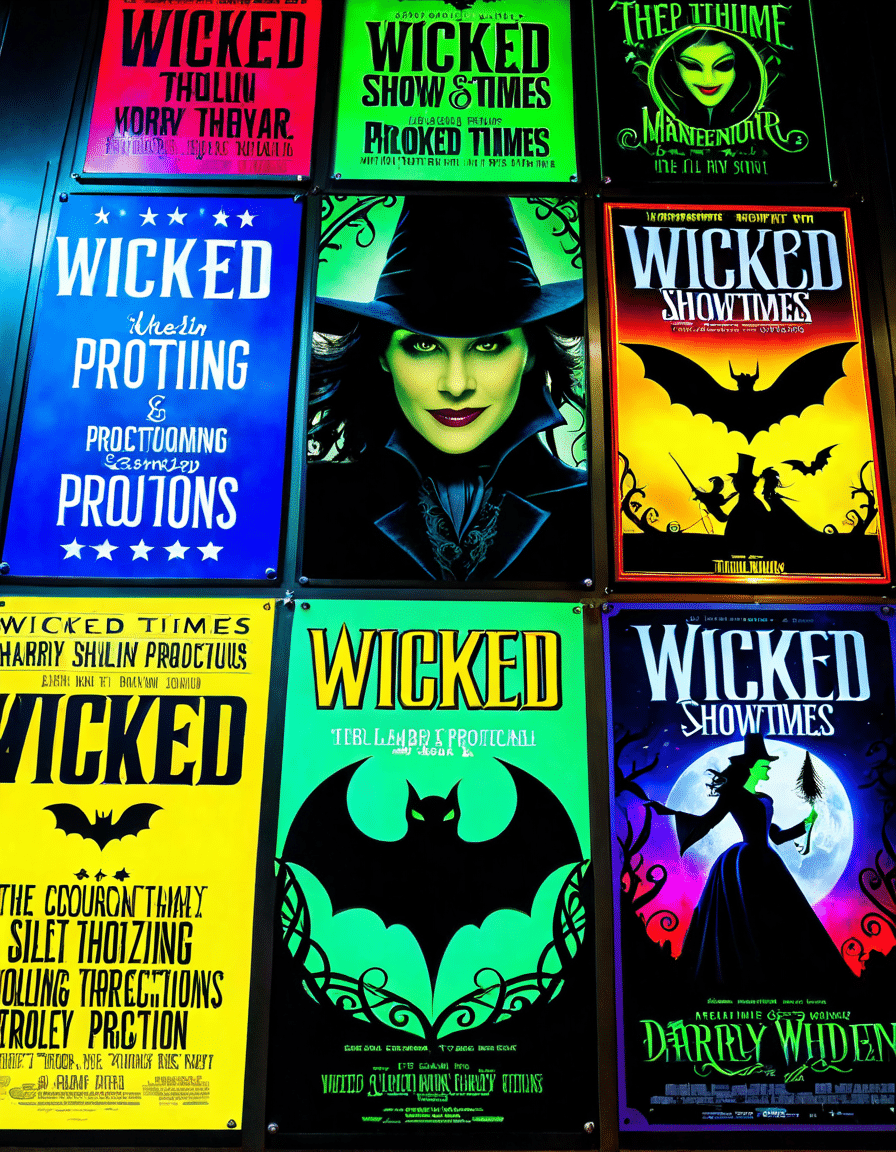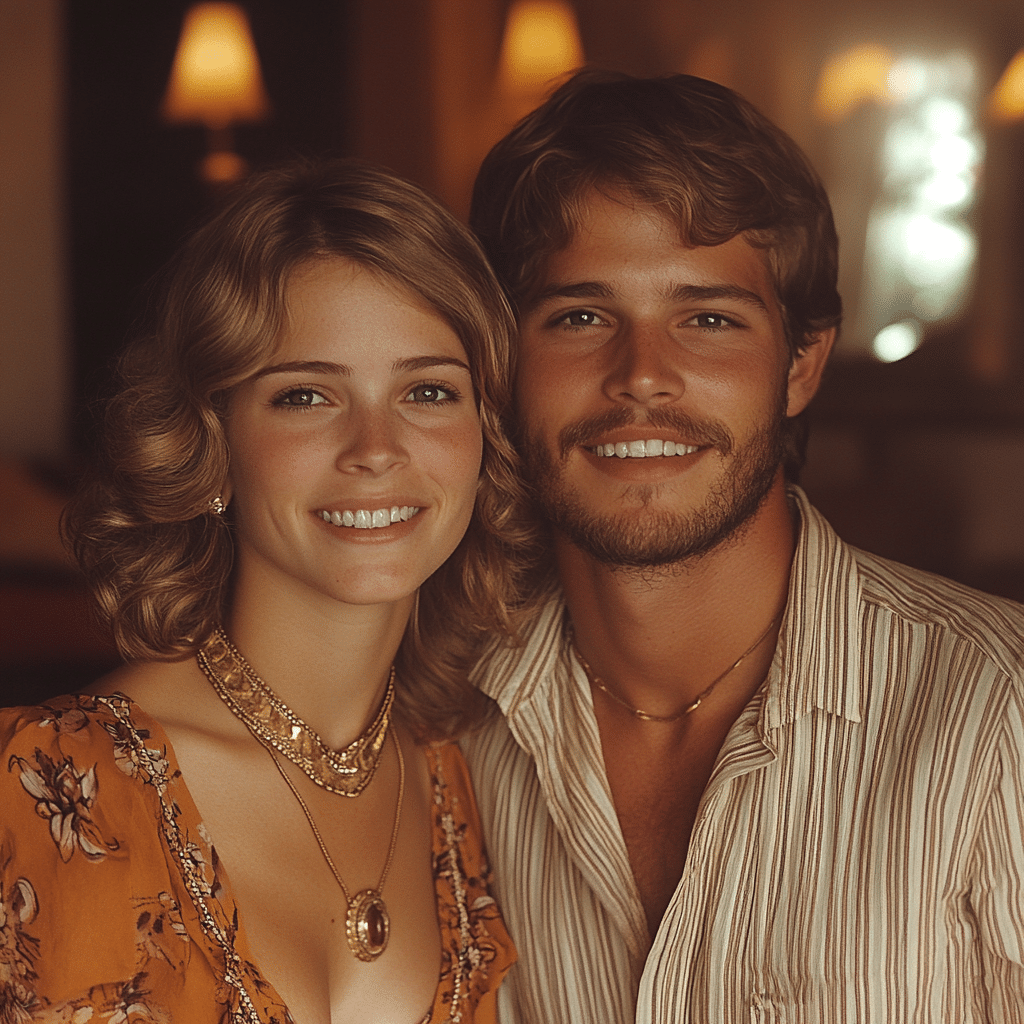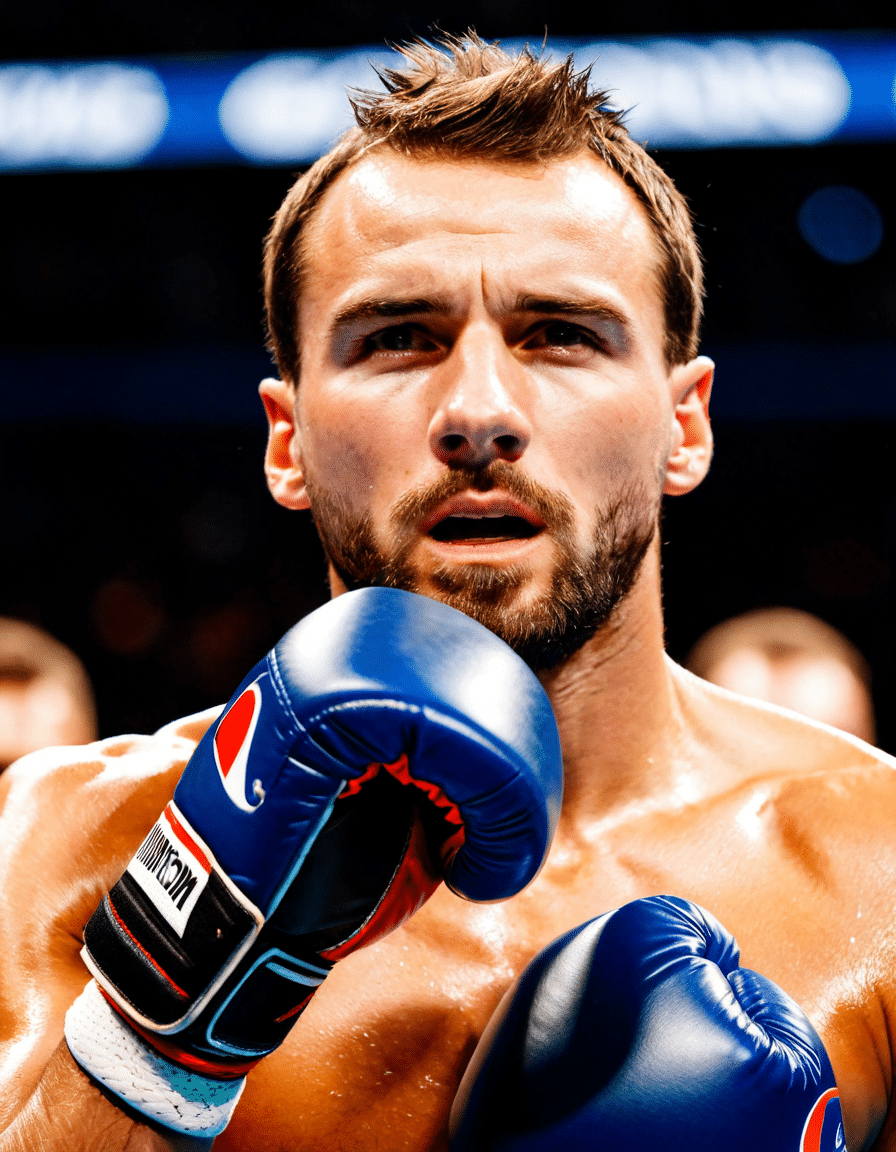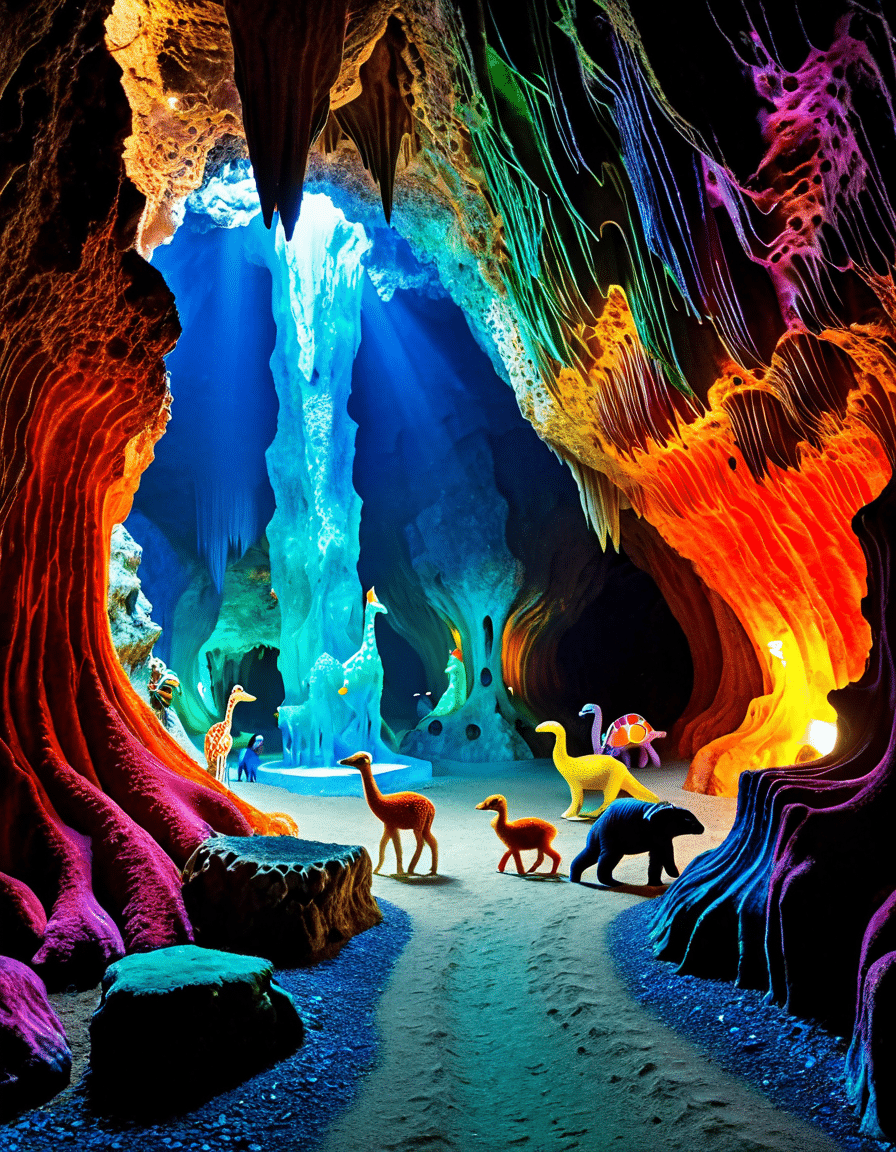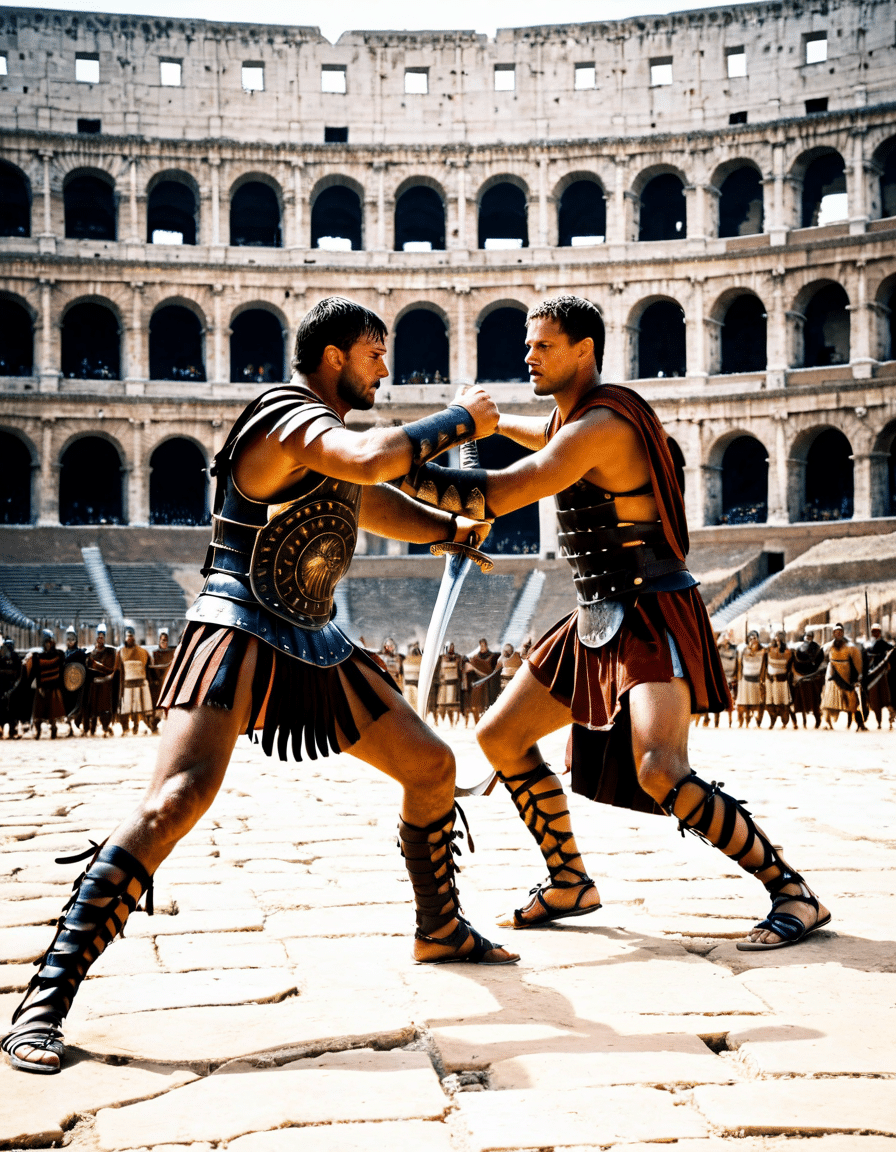Cowboys—the very mention of the word brings forth images of wide-open plains, rugged individuals, and thrilling tales of the Wild West. But let’s hit the brakes right there. The lives of cowboys are rich in nuance and often overlooked in popular culture. While the 19th-century American West painted cowboys as iconic cattle drivers, the reality is they were vital players in shaping the nation’s identity. The transformation of their role—from that of the lone ranger to multifaceted contributors—paints a much more complex picture that reflects the beautiful messiness of American history.
When you dig a little deeper, you’ll find that the cowboy identity isn’t a one-size-fits-all hat. Their evolution intersects with Indigenous knowledge, as well as contributions from African, Latino, and Native American cultures. This blend showcases a tapestry that’s as colorful as it is intricate, revealing how these intertwined histories have shaped our understanding of what it means to be a cowboy.
So, saddle up! We’re about to embark on a down-to-earth exploration of who these cowboys were, the legends they created, and the cultural legacy that still stirs the American spirit.
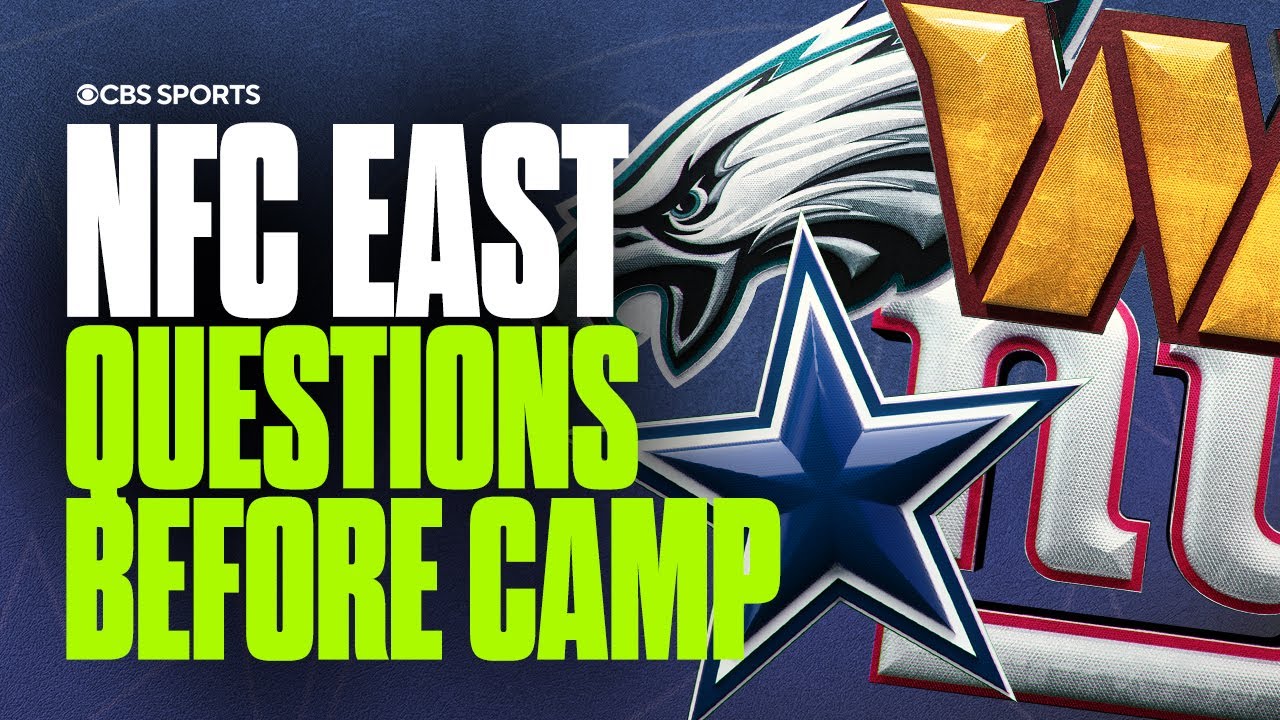
The Evolution of Cowboys: From Myth to Reality
The romanticized image of Cowboys has become ingrained in our culture, thanks in part to movies, music, and folklore. However, let’s take a step back to see how Cowboys truly affected lives beyond the silver screen. These brave souls weren’t just driving cattle from point A to point B; they were key players in the development of agriculture, social norms, and even political change in an unsettled land.
In the 1800s, the American West was a melting pot of cultures. Cowboys drew on the knowledge of Indigenous peoples, learned from their African and Latino counterparts, and sometimes even teamed up with settlers to brave the wild frontier. This mix laid the groundwork for modern cowboy culture, proving to be a thrilling blend of cooperation and competition—a bit like a rodeo, really!
During the era of westward expansion, Cowboys carried more than just cattle and saddles. They brought with them a confluence of values and traditions that would transform the American landscape. Understanding this evolution is a step closer to demystifying their true contribution to our history.

Top 7 Cowboys Who Made History: Legends Worth Remembering
Now that we’ve set the stage, let’s dive into the lives of some remarkable Cowboys who left an indelible mark on history. These aren’t just tall tales; these are vibrant stories full of grit, resilience, and humanity.
Known for his quick draw and sharpshooting skills, Wild Bill was more than just a cowboy; he was a lawman who played a critical role in shaping the Wild West’s law enforcement landscape. His legendary exploits made for unforgettable stories, highlighting the chaos and excitement of frontier life.
This fearless sharpshooter and skilled horsewoman isn’t just a name in a history book; she was a beacon of compassion. Known for her charitable acts towards the less fortunate in Deadwood, she showed us that there’s always more to a cowboy than just guns and grit.
Here’s a man whose innovative spirit changed the cattle industry forever! Goodnight developed the Goodnight-Loving Trail, revolutionizing cattle drives. He’s proof that progress can ride alongside tradition!
Often overshadowed, Pickett was one of the first black Cowboys to gain fame for inventing “bulldogging”—a technique of subduing steers. His legacy sheds light on the rich diversity within cowboy culture that deserves recognition.
Often cast in the criminal spotlight, Jesse James embodies the struggles of post-Civil War America. His tale isn’t just about robberies; it’s a reflection of a society grappling with change and conflict.
A gambler and a dentist? Sounds like the plot of a quirky movie, right? Holliday’s friendships with legends like Wyatt Earp reveal that life on the frontier had its fair share of unexpected partnerships!
A sharpshooter who dazzled audiences with her skills in Buffalo Bill’s Wild West show, Oakley challenged gender roles in her time. She wasn’t just hitting targets; she was redefining what it meant to be a strong woman in a man’s world.
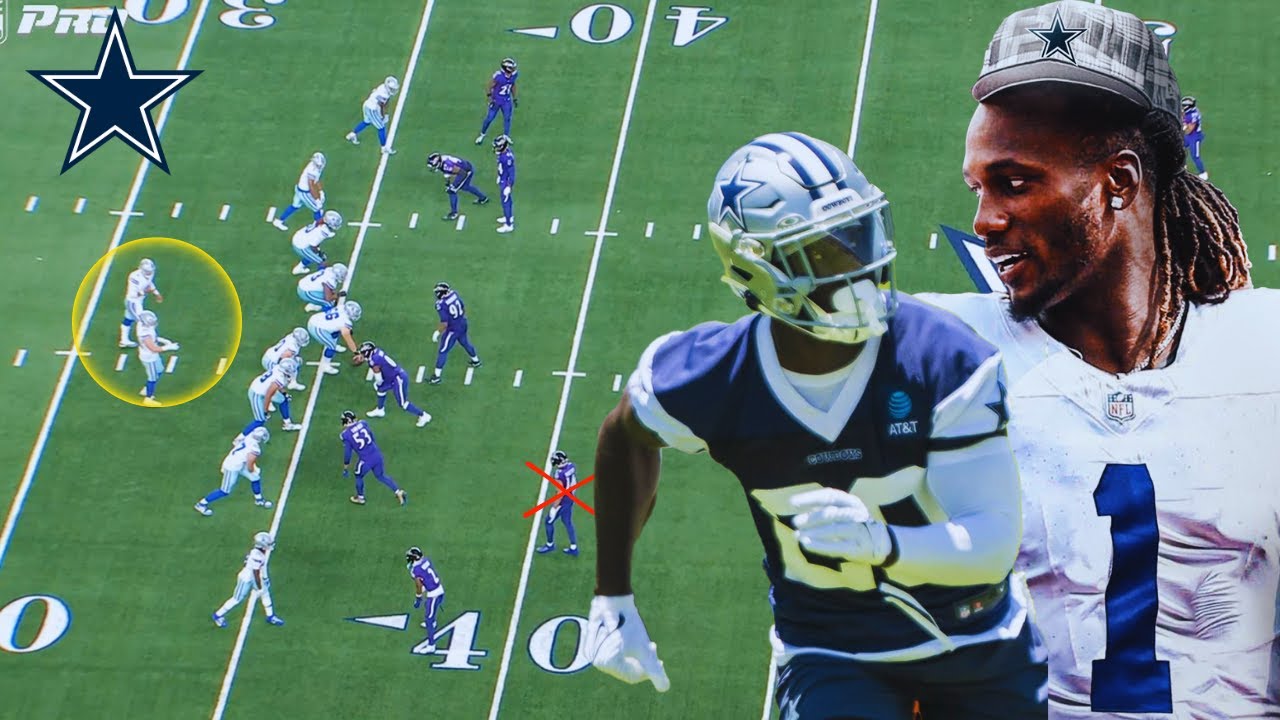
The Cultural Legacy of Cowboys
Sure, Cowboys can be seen riding off into the sunset, but their influence is anything but fading! Cowboys have left their hoofprints in the realms of music, literature, and modern culture. Whether it’s in the twang of a country song or the adrenaline of rodeos, their spirit lives on. Brands like Levi’s and Stetson pay homage to cowboy heritage, and who can resist a good ol’ cowboy hat?
Movies today, like “Hell or High Water” and series such as “Yellowstone,” reveal that while Cowboys may be battling more than just cattle rustlers, their tales hold a mirror to modern issues of land ownership and identity. By presenting nuanced narratives, they uplift the cowboy legacy while grounding it in today’s realities.
Cowboys have crafted an identity that flexes across varying mediums, proving they are more than mere folklore—they are cultural icons that inspire creativity and conversation to this day.

Contemporary Cowboys: Bridging the Past and Present
Fast forward to today, and you’ll find that Cowboys aren’t just a relic of the past. They’re alive and kicking, living in urban environments and embracing technology. Many are part of ranching cooperatives, employing sustainable practices to ensure the land they love thrives. That’s not just cowboy grit; that’s wisdom in action!
Organizations like the American Cowboy Culture Association work tirelessly to preserve the intricate tale of cowboy culture while also pushing for inclusivity and diverse representation. The cowboy spirit isn’t stuck in time; it embraces change while honoring its roots.
Today’s Cowboys understand that their role goes beyond cattle and cowhands; it’s about stewardship of the land and community building. Whether it’s planting the seeds of tomorrow or working to involve voices from all walks of life, the modern cowboy continues to ride resolutely into a more inclusive future.
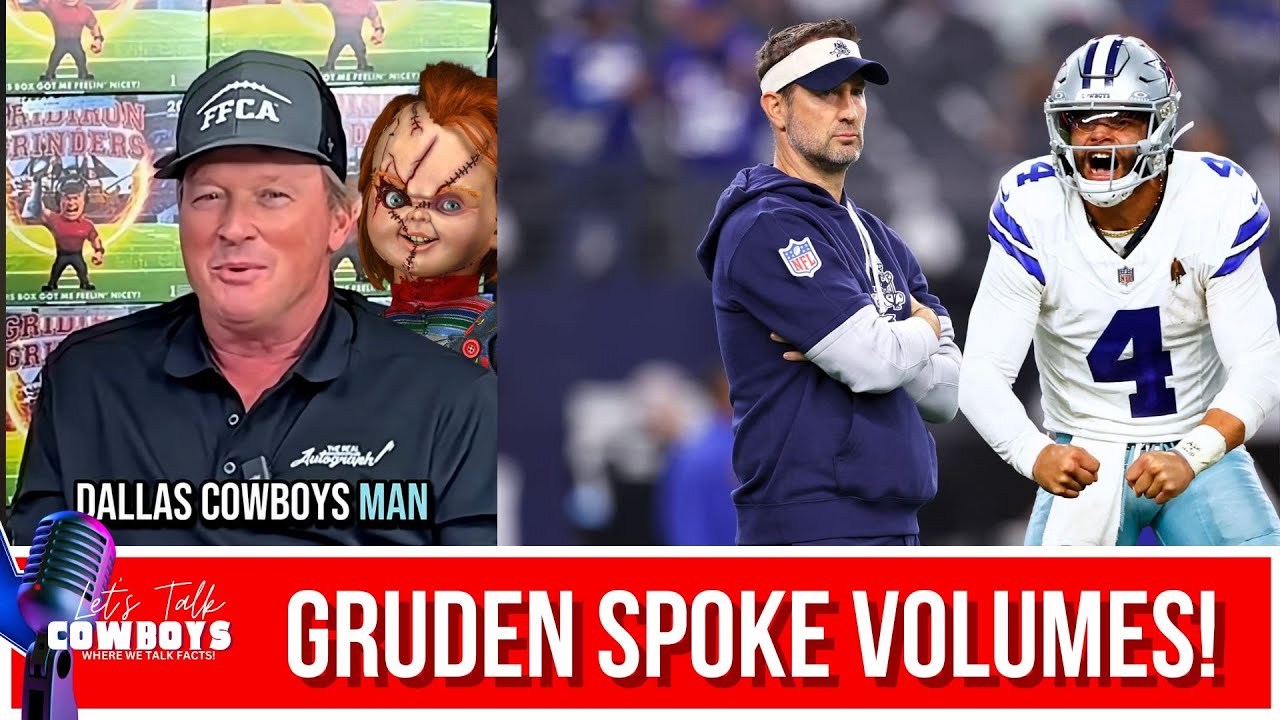
Riding Into the Future: The Cowboy Spirit Lives On
As the world rushes ahead, the spirit of the cowboy remains a beacon of resilience, independence, and community spirit. Whether through trailblazing innovations or captivating media, Cowboys challenge us to rethink our ties to history.
What does the cowboy represent today? It’s not just nostalgia; it’s a call to embrace the spirit of adventure, to write our own stories, and to celebrate those voices that add richness to our collective history. This journey isn’t about safeguarding the past—it’s about crafting a vibrant, inclusive narrative that honors every unique contribution to the great American cowboy legacy.
So, the next time you see a cowboy portrayed on screen, remember: there’s more to their story than the gunfight and glory. Each cowboy holds a piece of our shared history, like a bottle of delicious strawberry wine—sweeter when shared with friends and family! Let’s celebrate this legacy, not just as tales of yore, but as inspiration for the road ahead. Happy trails, amigos!
Cowboys: Boldly Riding Into History
The Lore of Cowboys
Cowboys have long been celebrated in American folklore, embodying a rugged spirit of independence and adventure. But did you know that the modern image of a cowboy is heavily influenced by Hollywood? Films from the golden era, like Supergirl, shaped the iconic cowboy look we’re all familiar with today, complete with ten-gallon hats and leather boots. These cinematic portrayals romanticized the cowboy lifestyle, making it a symbol of freedom and the frontier spirit. In the bustling atmosphere of cow towns, Cowboys were loved for their daring ways—those wild, untamed guys spilling stories as rich as a spread from “Fast & Food” and making names for themselves around campfires.
The Real Deal About Cowboy Life
Interestingly, cowboy culture isn’t just a cinematic creation; it has deep roots in the American West. Cowboys were essential to cattle ranching, a job that required vast knowledge of ranching techniques and the ability to handle unpredictable livestock. It’s not all gritty, though; there’s a surprising amount of camaraderie, akin to the silly antics and teamwork from Workaholics. Many Cowboys even formed bands to entertain their fellow ranch hands after a long day on the range. These gatherings were lively, often reminiscent of modern jam sessions, just like you might spot in a classic episode of “The Andy Griffith show.
Unexpected Connections
And speaking of surprising facts, did you know that some famous names went from Hollywood to saddle up? For instance, actress Debi Mazar, known for her strong screen presence, actually has roots tied to the cowboy lifestyle thanks to her family’s ranching background. And let’s not forget how the notorious Menendez brothers, featured in their own Netflix series, once captivated the media with their own outlandish tales—much like the stories tallied by Cowboys around their campfires. Cowboys lie at the heart of American storytelling, just like the captivating characters you meet in various genres, from raucous tales of adventure to wholesome family fun.
So, whether it’s galloping across the plains or flipping through channels, the cowboy legacy is everywhere. From majestic rodeos to reports of the latest busty Asian trends, Cowboys continue to inspire fascination and creativity in every corner of entertainment, reminding us of a time when life was wild, rugged, and free.

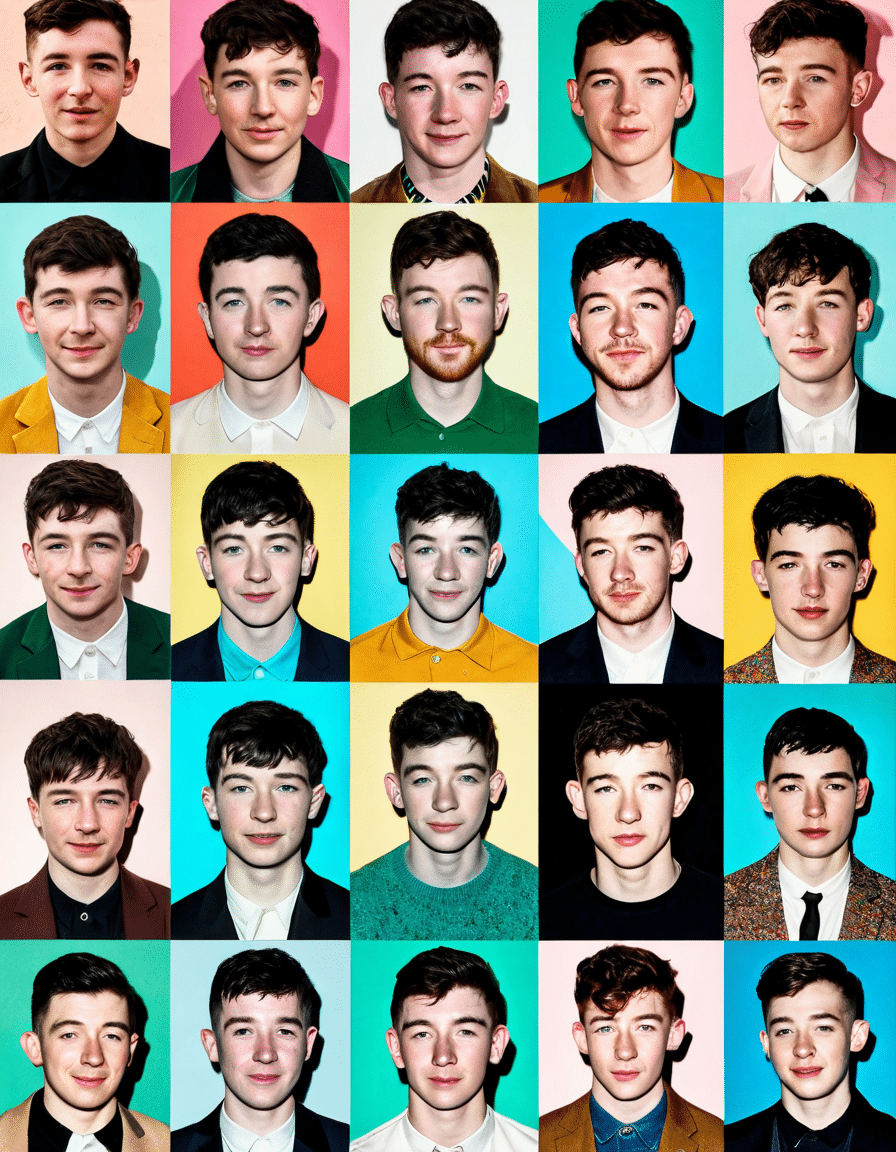
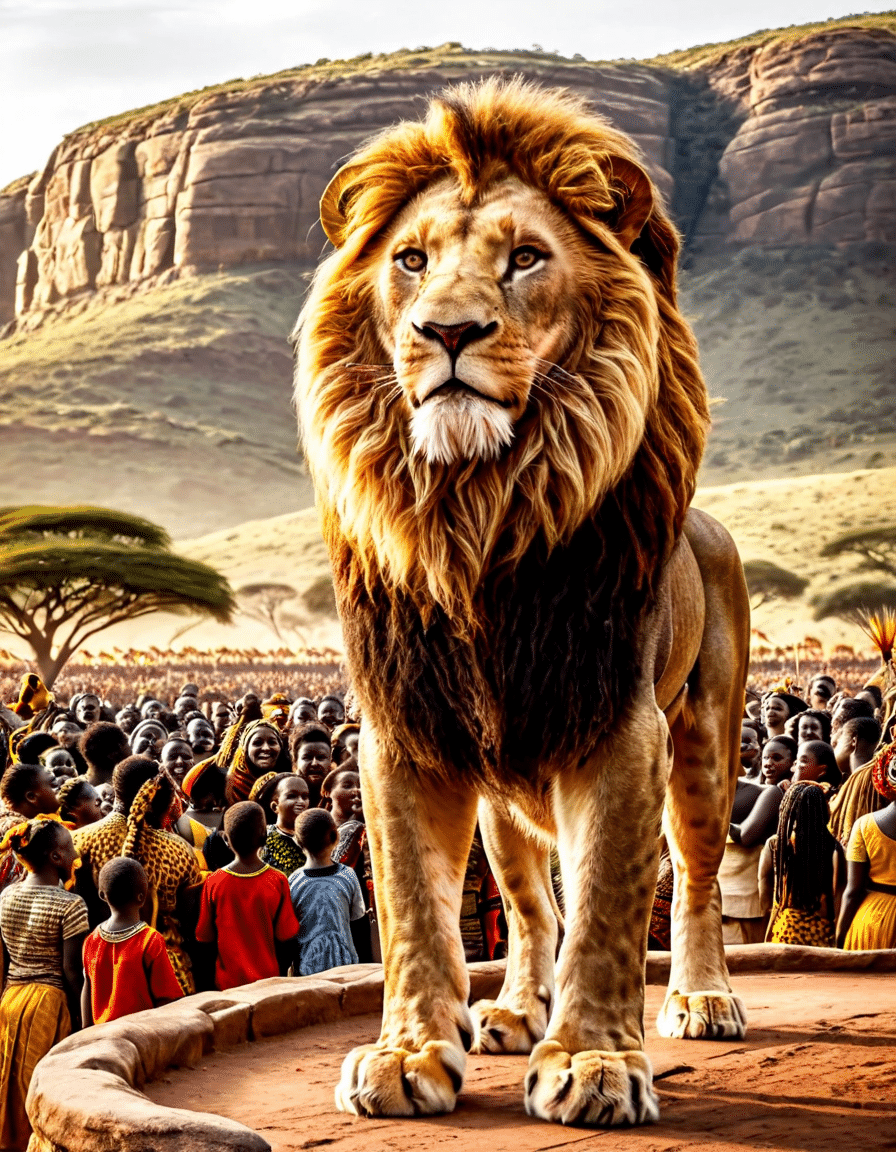

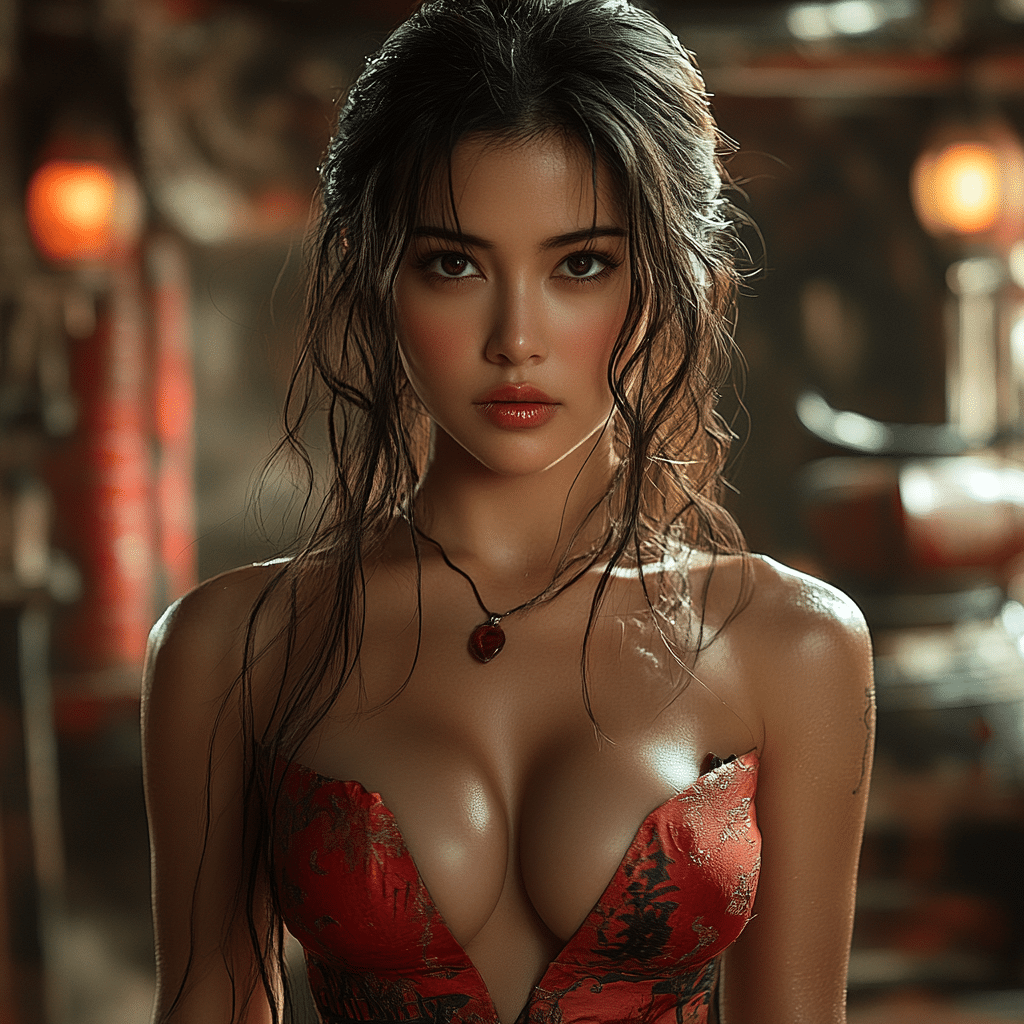

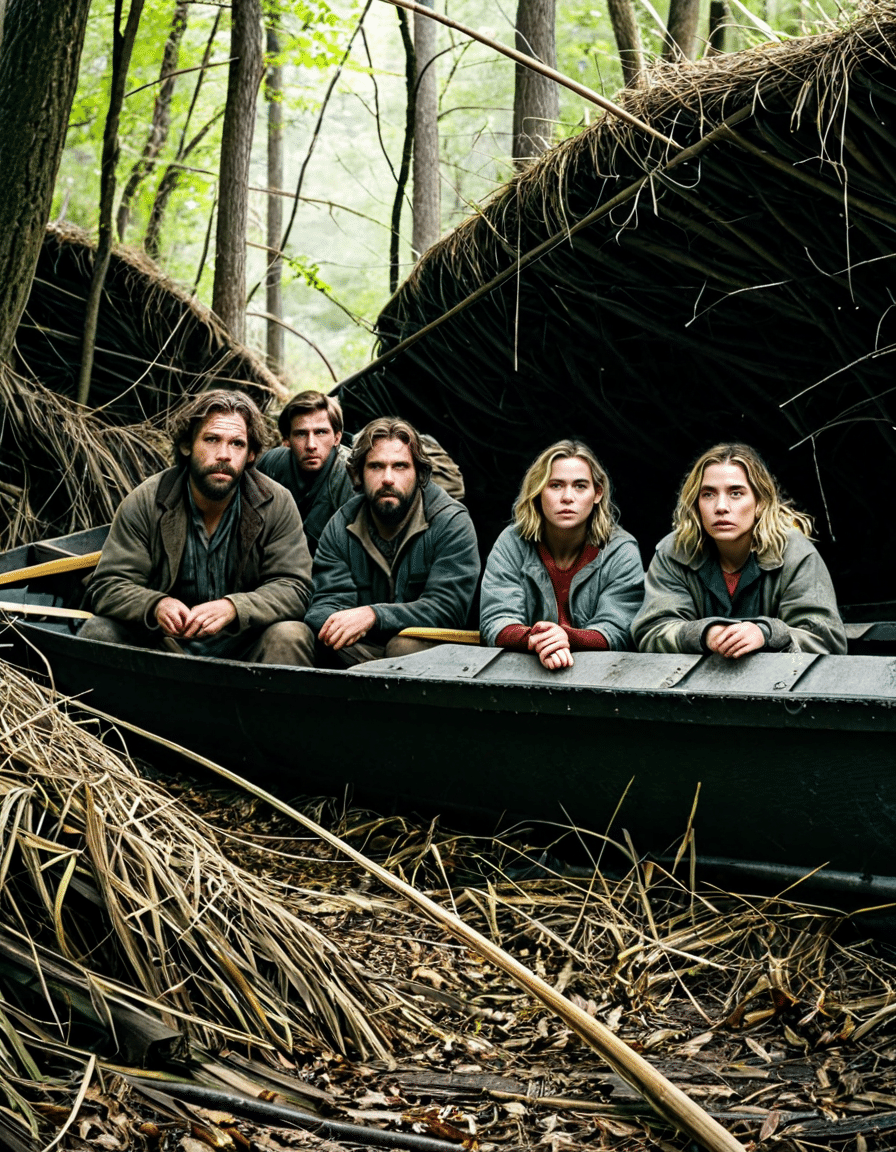
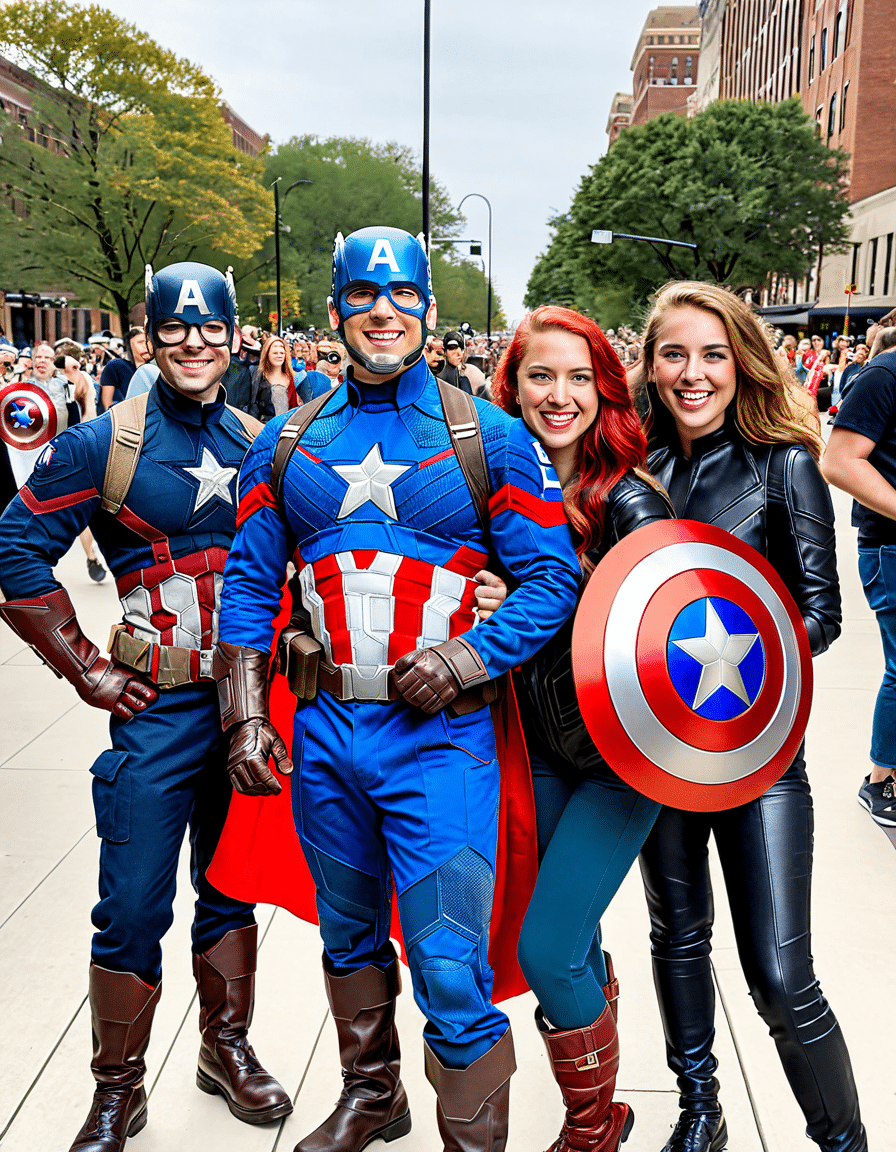
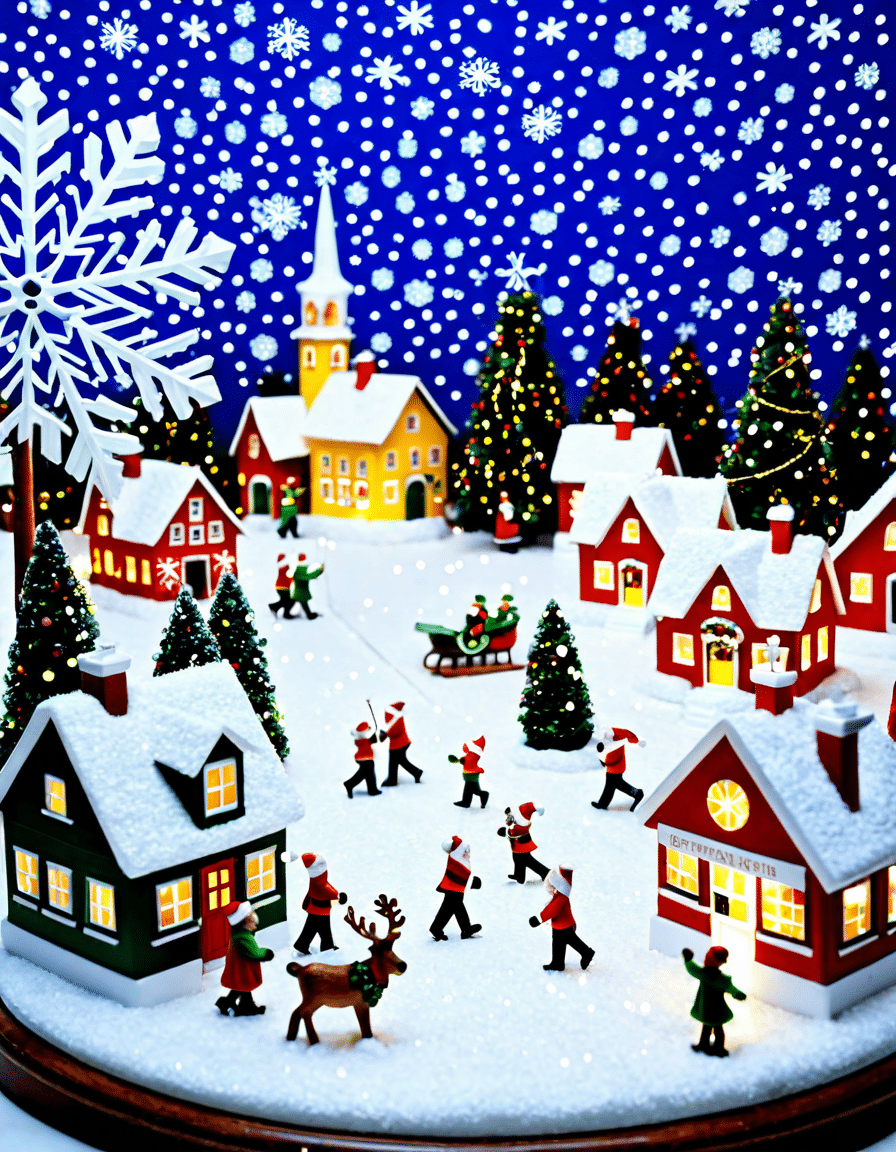
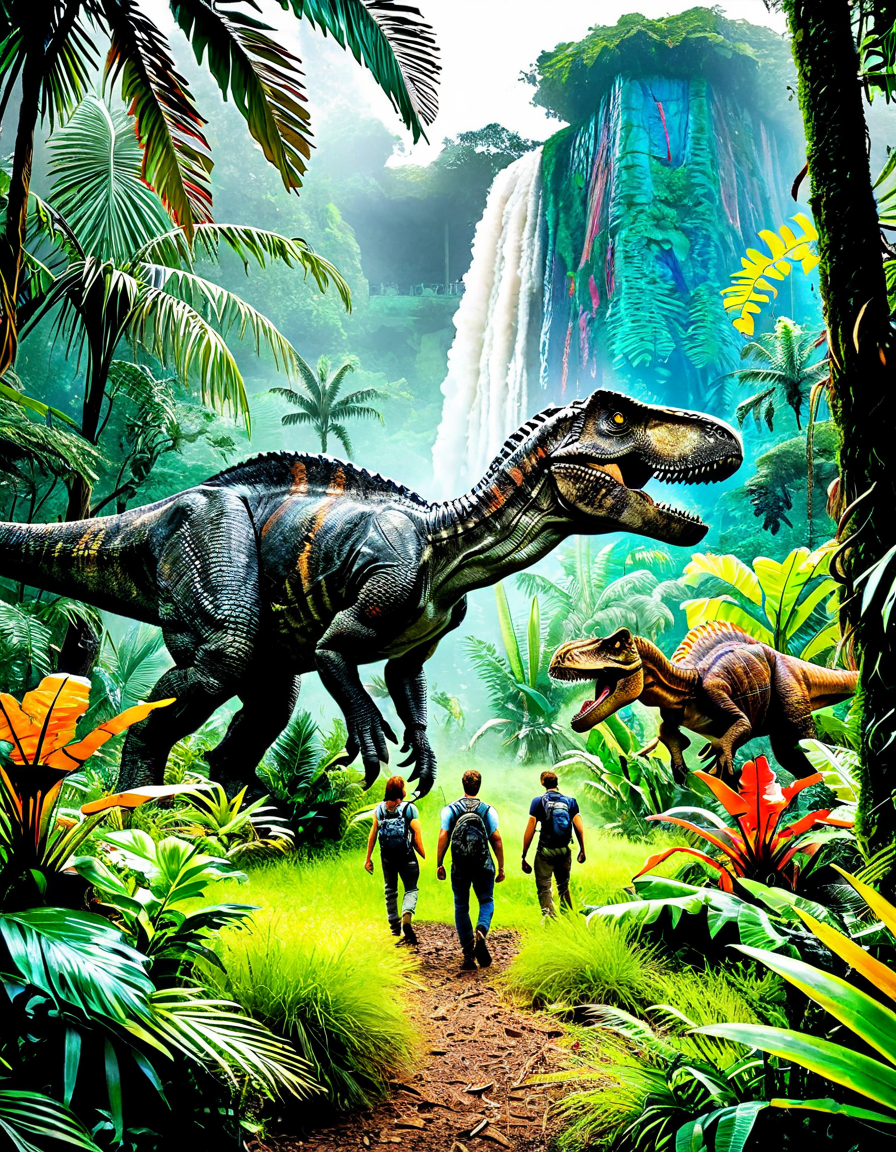
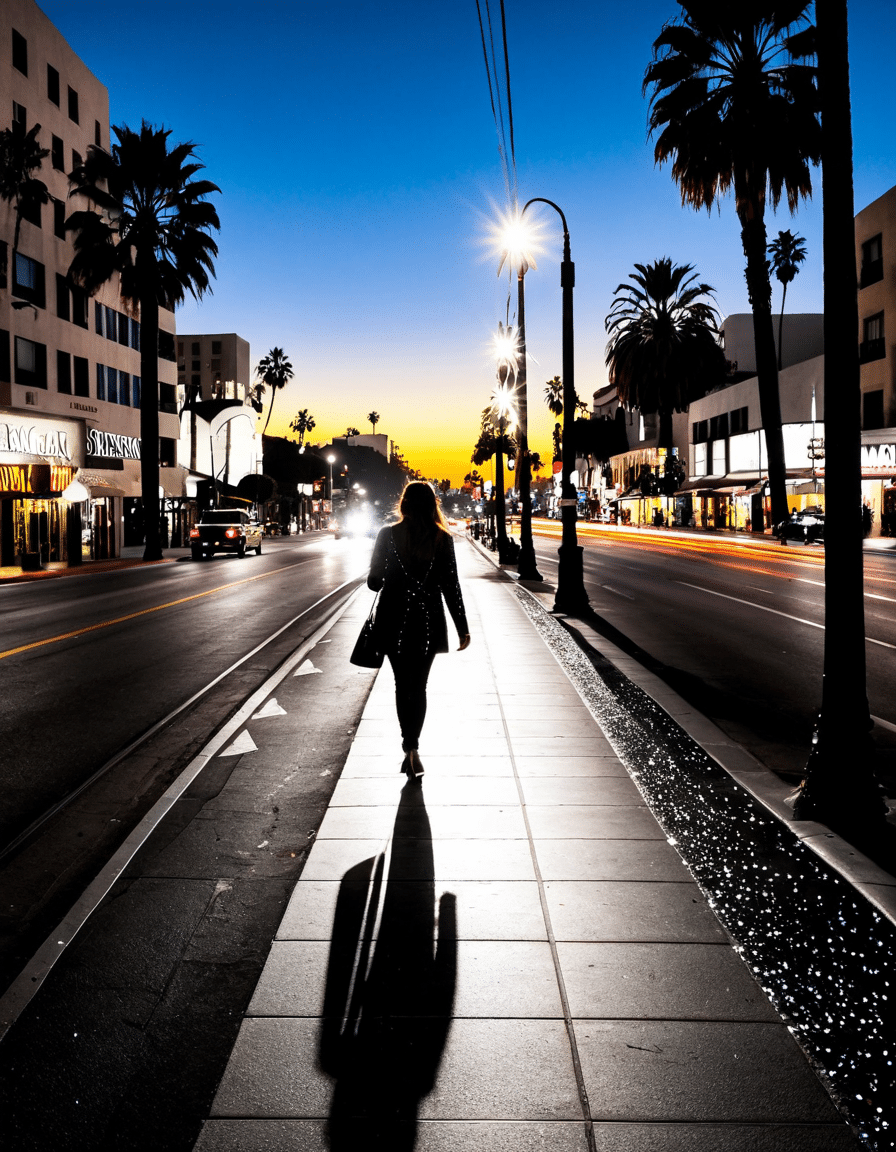
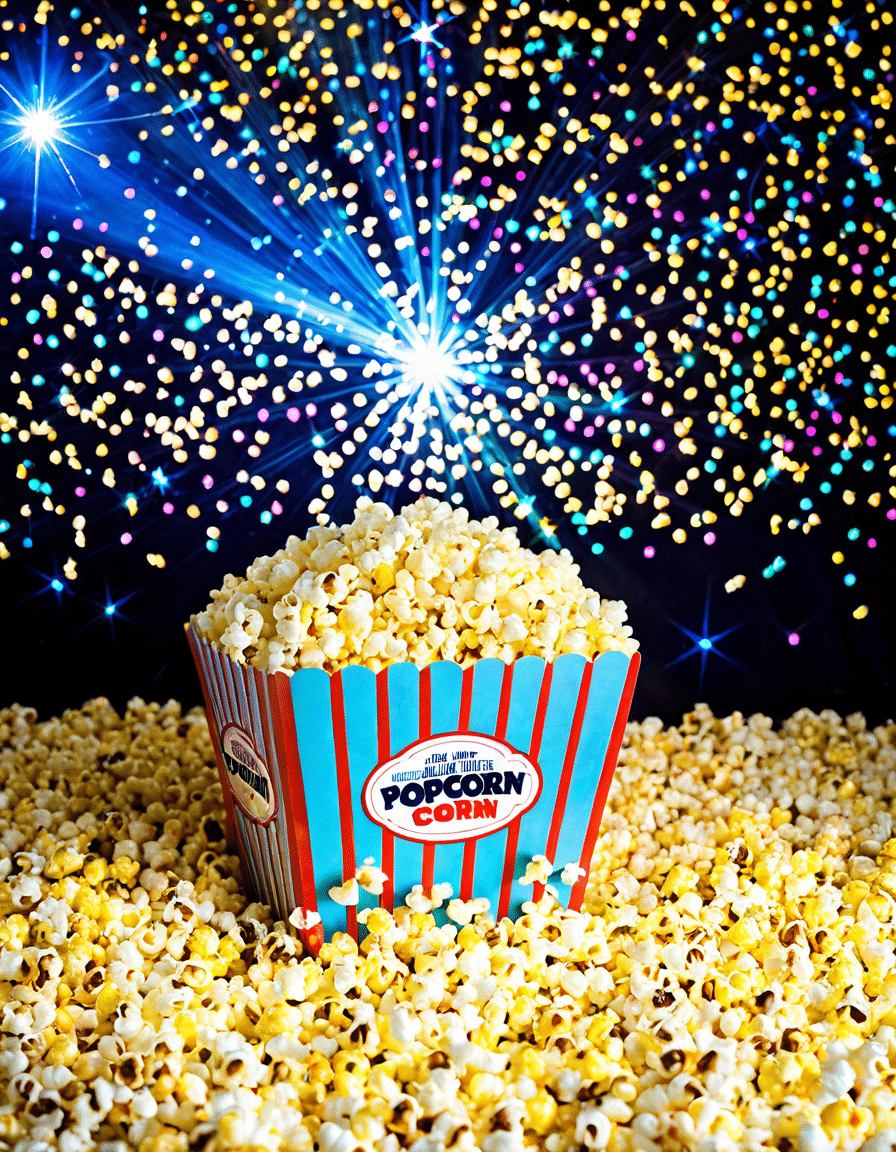
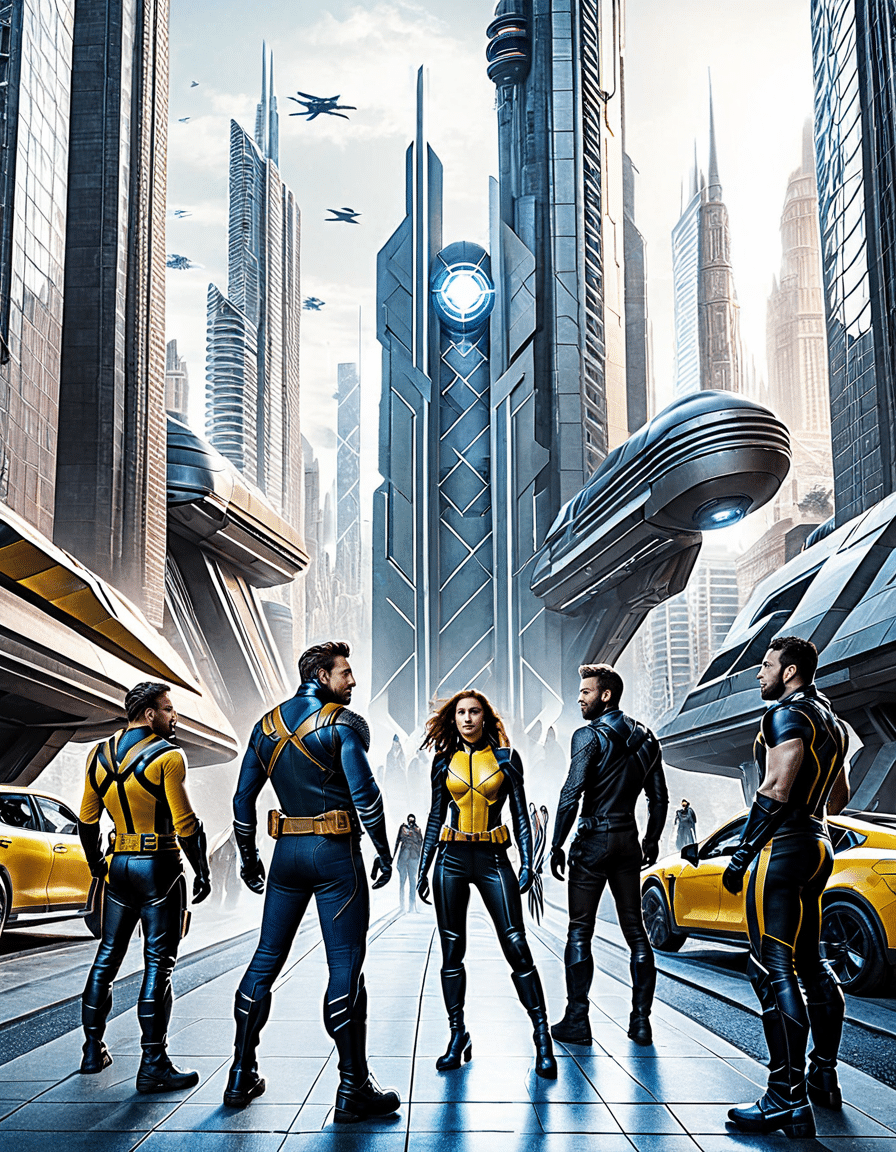
![Cowboys and Angels [DVD]](https://www.motionpicture-magazine.com/wp-content/uploads/2023/12/Cowboys-and-Angels-DVD.jpg)
